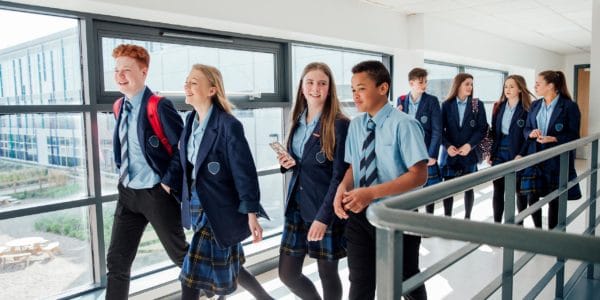
15/06/22
3 min read
The value of government support for living costs for university students from the poorest families will fall to its lowest level in seven years in the coming academic year, as maintenance loan entitlements will fail to keep up with inflation. As a result, even students entitled to maximum maintenance loans will have to make do with substantially less than they would earn working in a minimum wage job.
These cuts in support are entirely due to forecast errors: annual increases in maintenance loans are based on inflation forecasts made years in advance, and inflation has recently been much higher than originally forecast. Remarkably, there is no mechanism in place for these errors ever to be corrected.
The new analysis carried out at the Institute for Fiscal Studies finds:
- At only 2.3%, the cash-terms increase in entitlements for the coming academic year will fall far short of consumer price inflation, which is set to be around 8% over the relevant period. This will add to a similar shortfall for the current academic year, when the uplift was 3.1% compared with inflation of more than 6%.
- Students from the poorest families will lose £1,200 in the next academic year, or £100 per month, compared with what support would have been had the inflation forecasts been correct.
- For the first time since 2003/04, the maximum maintenance loan entitlement will fall more than £1,000 short of what a 22-year-old student would earn if they worked in a job that paid the National Minimum Wage instead of studying.
This comes on top of a long-running freeze in the parental earnings thresholds that govern eligibility for means-tested maintenance support. The lower parental earnings threshold, below which students are eligible for the maximum maintenance loan, has been frozen in nominal terms at £25,000 since 2008 (had it been indexed to average earnings, it would now be around £35,000). The effect of this freeze will be particularly painful in times of high inflation: many students’ parents will see their income rise in cash terms but fall in real terms. As a result, many students will be eligible for smaller maintenance loans, even though their parents will be less able to support them.
A simple fix would be to use more recent forecasts and correct remaining errors when actual values are known in the following year. Alternatively, as recommended by the Augar Review of post-18 education, increases in maintenance support could be tied directly to increases in the minimum wage. The parental earnings thresholds should be indexed either to inflation or to a measure of earnings growth.
None of this is affected by Friday’s announcement of a change in the way the government sets student loan interest rates, which avoids the ‘interest rate roller coaster’ we had warned about in April. While that change is welcome, it will do nothing to ease current cost-of-living pressures for students – and indeed for the vast majority of graduates. This is because most of those with undergraduate loans will likely never pay off their loans in full, so the interest rate never affects their repayments. Even for those who do repay in full, the interest rate will typically only impact their monthly repayments in their late 40s or early 50s.
Ben Waltmann, Senior Research Economist at the Institute for Fiscal Studies and the author of the briefing, said: “In the coming academic year, government support for student living costs will be cut to its lowest level in seven years, which will cause genuine hardship for students on tight budgets. Bizarrely, this is happening because student maintenance loan entitlements are routinely adjusted based on outdated inflation forecasts, and forecast errors are never corrected.
“This makes no sense at all. The government should use more up-to-date forecasts and correct for any errors in the following year to avoid permanent cuts. Alternatively, maintenance entitlements could be tied to earnings on the minimum wage, as proposed by the government’s own Augar Review.”






































